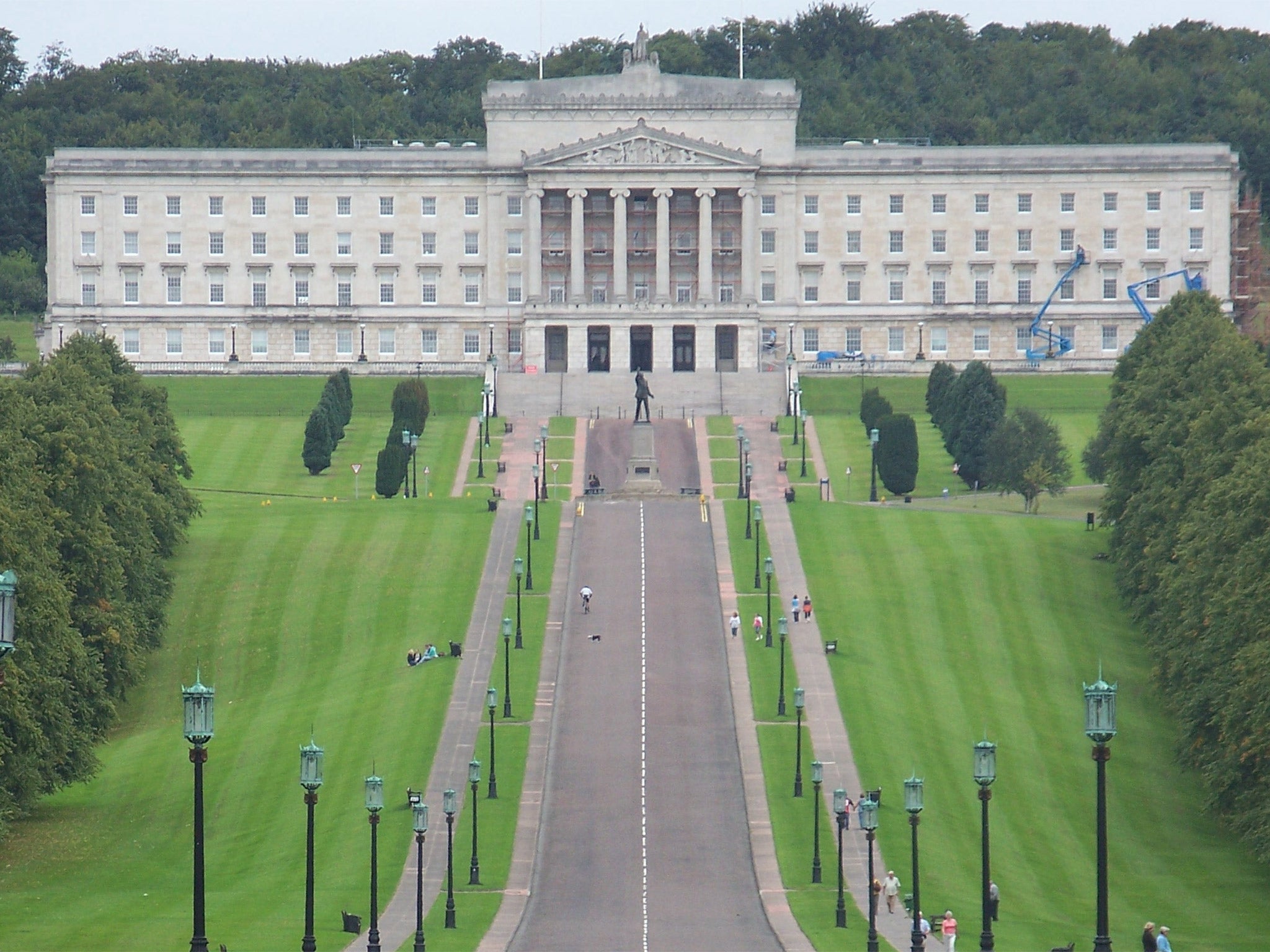Your support helps us to tell the story
From reproductive rights to climate change to Big Tech, The Independent is on the ground when the story is developing. Whether it's investigating the financials of Elon Musk's pro-Trump PAC or producing our latest documentary, 'The A Word', which shines a light on the American women fighting for reproductive rights, we know how important it is to parse out the facts from the messaging.
At such a critical moment in US history, we need reporters on the ground. Your donation allows us to keep sending journalists to speak to both sides of the story.
The Independent is trusted by Americans across the entire political spectrum. And unlike many other quality news outlets, we choose not to lock Americans out of our reporting and analysis with paywalls. We believe quality journalism should be available to everyone, paid for by those who can afford it.
Your support makes all the difference.Some 17 years after Tony Blair delivered his soundbite about the “hand of history” touching those who were involved in the last phase of the peace process, that hand is hovering again above many a shoulder in Stormont today.
For this is no routine political collapse. Like riding a bicycle, Northern Ireland’s politicians are used to wobbling around the road a bit, but provided they were moving forward, progress was being made, and a sort of stability maintained. Once that progress stops – as it has – then the bike, and those in charge of it, falls over, and it will be extremely difficult to get things back on the road again. The danger is that the recriminations will escalate and the threats intensify, so that the original cause of the quarrel – the continuing existence and murderous inclinations of the IRA – is quickly overtaken by newer, even more intractable arguments. Northern Irish politics is famously efficient at manufacturing grievances at the best of times.
More sinister is the rapid disappearance of trust on all sides. Again, this is something traditionally associated with Irish politics, but the remarkable thing about the power-sharing executive was how much trust had been built up on the shaky foundations of the Troubles. The era of Martin McGuinness and Ian Paisley’s “Chuckle Brothers” act seems distant indeed.
The existence of the IRA is at the centre of the current impasse. The Police Service of Northern Ireland maintains the IRA is still around; Sinn Fein claims the IRA is defunct. It may or may not be formally defunct, but its members or former members are, according to the authorities, up to their old tricks. True, they are not trying to blow up Belfast city centre any longer, but it is difficult to believe that armed republicans of one description or another are not responsible for the recent political violence, or the rackets and drug running that has also been associated with the terrorists.
For the Secretary of State, Theresa Villiers, and the Prime Minister, it is an especially dangerous moment. The last thing that the Government wants is to have to return Northern Ireland to direct rule from Whitehall. If it does prove necessary, then it may prove to be necessary for much longer than anyone would be comfortable with. After all, when the old Protestant supremacist Stormont regime fell in 1972, direct rule by British ministers was supposed to be a temporary measure until devolved government could be restored; that took almost three decades. Peace was elusive.
That said, there seems little that David Cameron would be able to achieve by flying in. The Unionists’ dispute with the republicans and nationalists will not be best brokered by the Prime Minister, even in concert with the Taoiseach of Ireland. Unlike in 1998, there are no constitutional measures London and Dublin can take to speed the peace process along. If the IRA really doesn’t wish to disband, then there is nothing anyone can do to make it; it is a devolved row in a devolved government, and it will need devolved answers.
And so, in the absence of anything else, de facto direct rule will soon be reintroduced in Northern Ireland, as someone has to make decisions when many of the departments of government in Belfast have no political chiefs to direct them. If it persists for long, then Sinn Fein will see less and less reason to abandon the armed struggle, which was the price of it getting into government and helping to run the province to its own tastes. We have become used to talking about Ulster’s Troubles in the past tense; it is in everyone’s interests to keep it that way, and make the IRA history.

Join our commenting forum
Join thought-provoking conversations, follow other Independent readers and see their replies
Comments